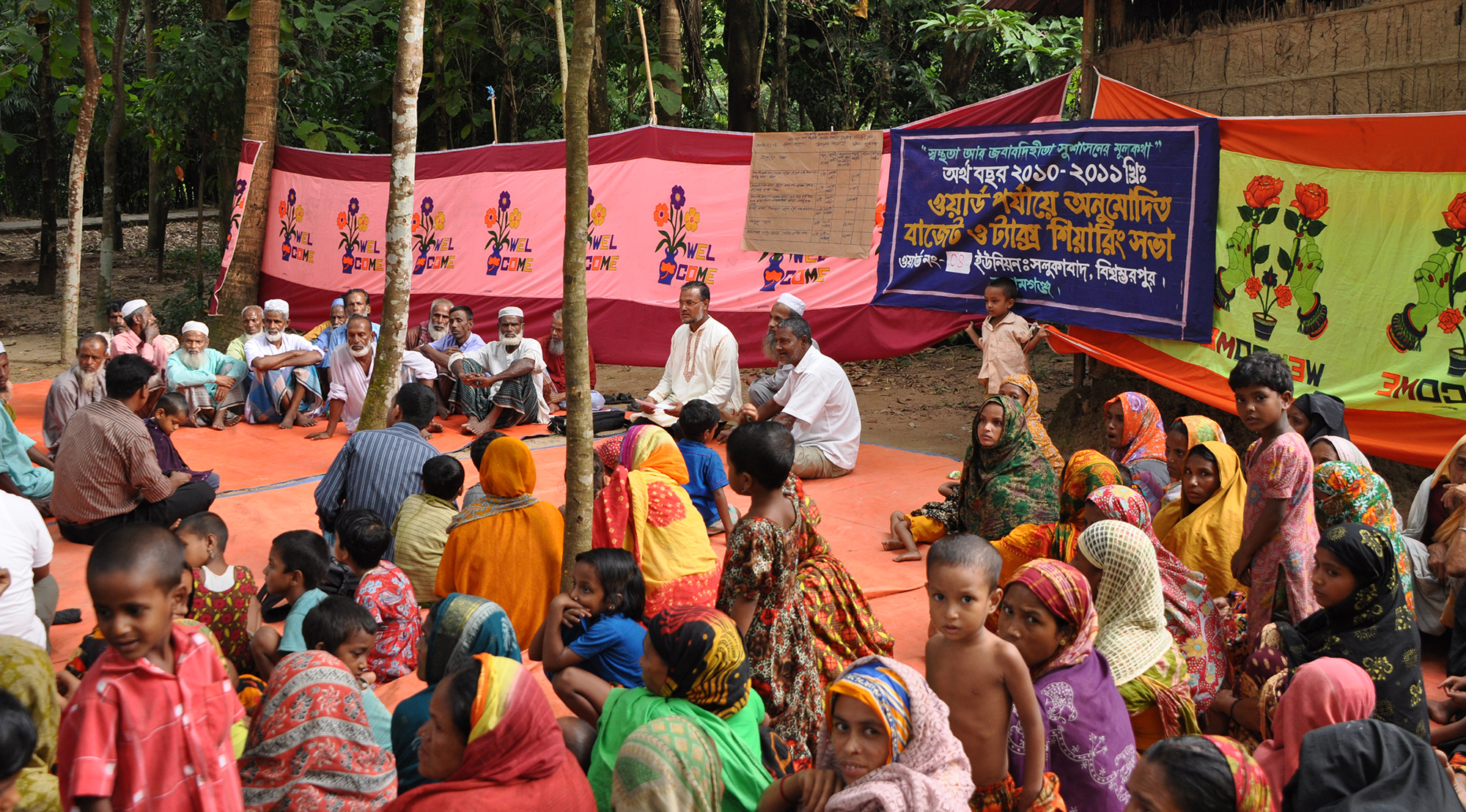SDG 16 signifies a major breakthrough in recognizing the importance of Governance for inclusive and sustainable development. The emphasis on effective and accountable institutions and inclusive decision making at all levels is a clear indication for this, as well as the targets on rule of law, corruption and access to information. For SDC, these are important thematic priorities.
Important to mention is the notion “all levels.” It highlights the important role of the subnational level in turning Agenda 2030 from a global vision into a local reality. Local communities and stakeholders know local needs and capacities best. They can adjust national strategies to the reality of their territories and are thus critical partners in realizing the global agenda. This provides an opportunity to renew commitments towards decentralization and effective, accountable and inclusive local governance.
Today however, in most SDC partner countries local communities still play a marginal role in implementing agenda 2030 and their contributions to the voluntary national reports are low and poorly structured. This is particularly true for the rural and peri-urban localities, which are less prepared, resourced and supported in this regard. Already well-known systemic constraints, such as the lack of clear and comprehensive reassignments of functions and the lacking financial resources persist. Furthermore, local stakeholders are poorly informed about the SDGs and respective national plans, nor do they know how to translate this into their local contexts.
That is why “localizing the SDGs” has to be high on the agenda. A quick survey among SDC offices provided examples of dedicated efforts in supporting subnational stakeholders on this pathway. They include for example awareness raising of local governments, civil society etc. about agenda 2030, municipal strategic planning in view of the SDGs and respective national targets, improving the quality and availability of policy-relevant data, establishing subnational information and monitoring systems or promoting multi-stakeholder dialogue on the SDGs. Involving local government associations, training of trainers and promoting champions are some interesting strategies mentioned to take this further.
Another important challenge is the worldwide trend of “closing space for civil society”. That is why SDC has embarked in a reflection process on how to maintain spaces for public dialogue and inclusive decision-making. This can include a wide range of activities: from supporting civil society initiatives and platforms to identify and discuss concrete, and potentially less sensitive, development priorities, or helping them in exploring the potential of digital communication, to the accompaniment of exposed actors in conducting risk assessments and establishing security plans, and Switzerland engaging in concerted high-level policy dialogue. Learning and exchange with other development actors is still ongoing.


